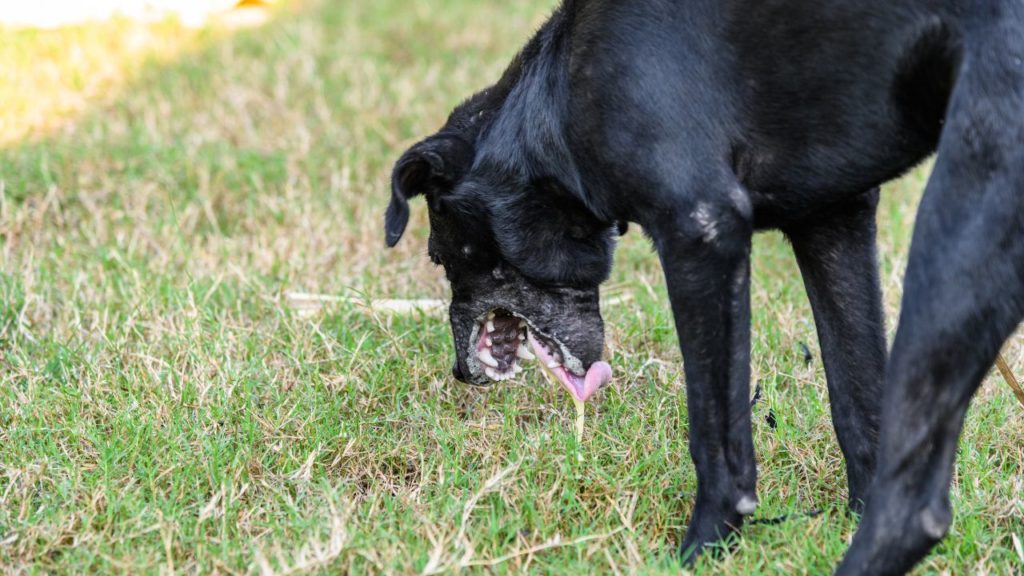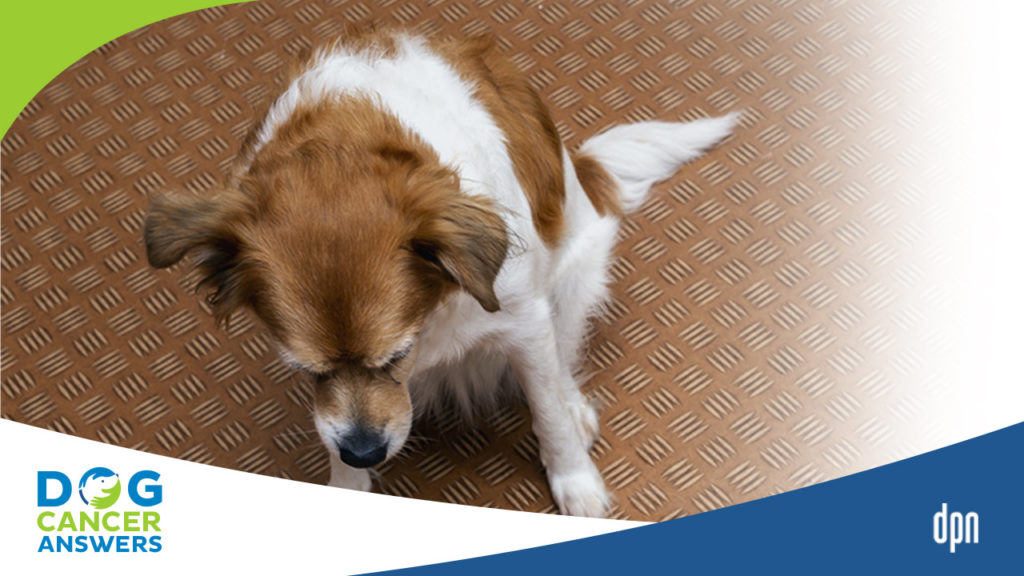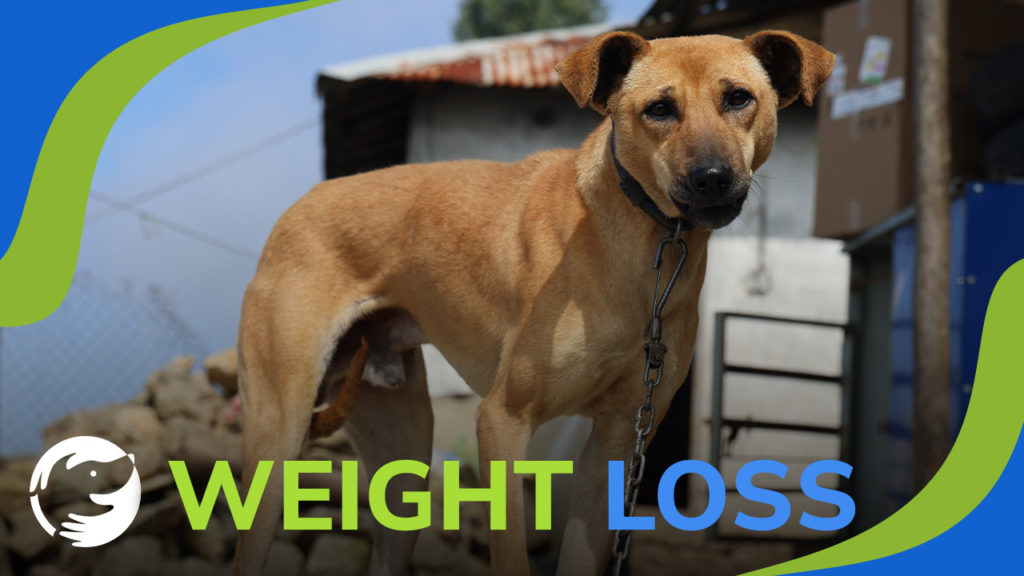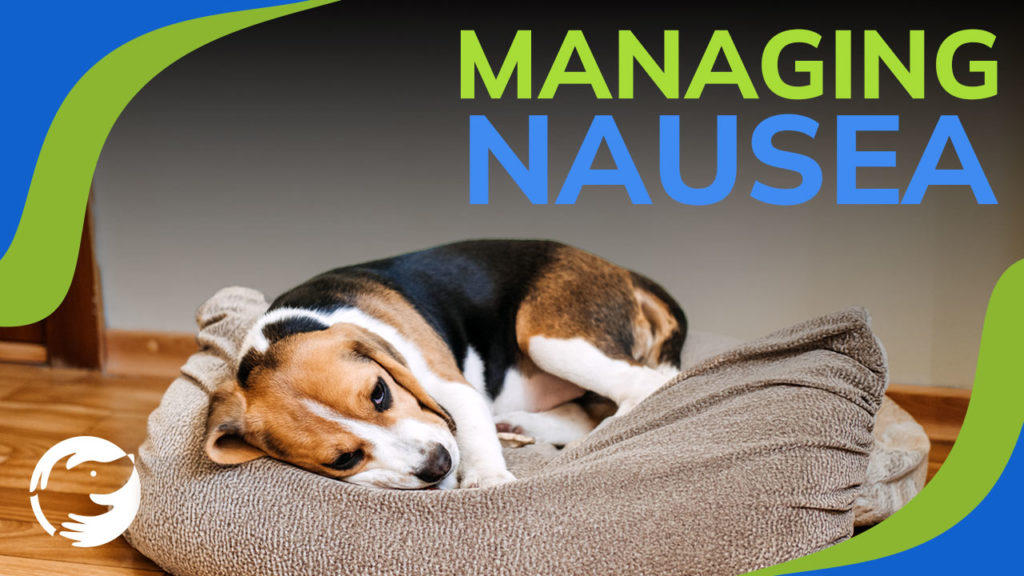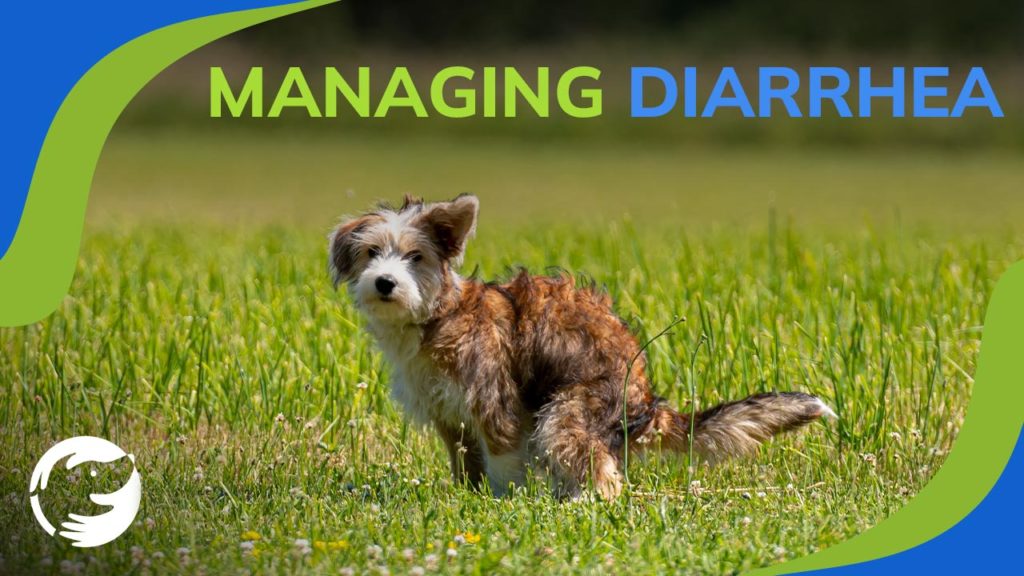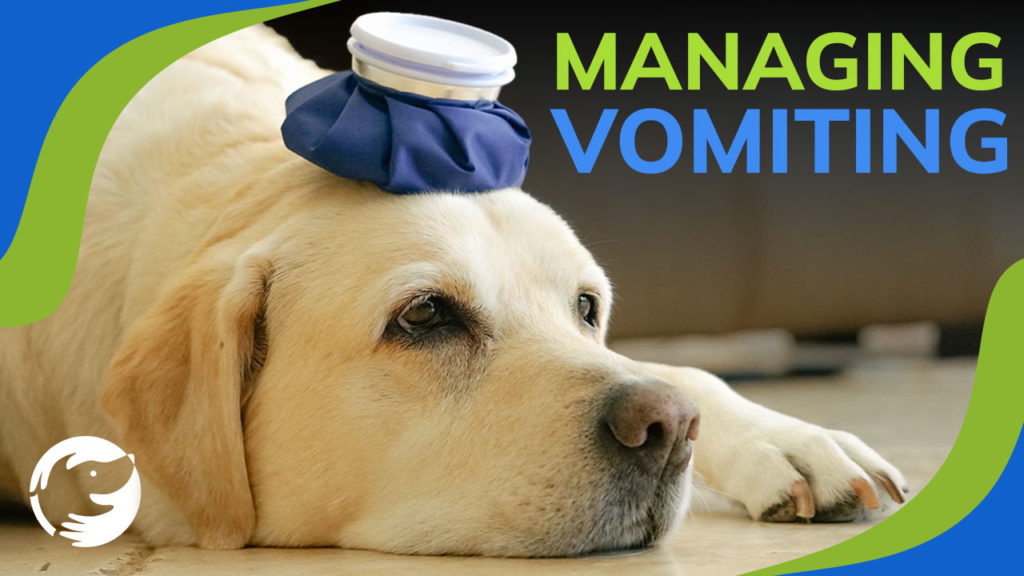
Managing Vomiting
Get expert advice on how to manage vomiting in dogs with cancer, including the use of medications and dietary changes.
James Jacobson: From the letters that we get, I understand that one of the side effects that people sometimes deal with when their dog has cancer is vomiting, this dogs with sick bellies. I would like to ask either you Dr. Dressler or you Dr. Ettinger your thoughts on dogs that are vomiting when they have cancer and what you can do about it?
Dr. Susan Ettinger: I can start on this one I think vomiting is something that you see as a result of the cancer itself. That’s due to the toxins that are released from it so sometimes patients will present as vomiting as one of their symptoms. and then also some of the treatments, specifically chemotherapy can cause vomiting in some patients as well because the chemotherapy drugs attack the intestinal tracts which can cause vomiting or can actually trigger through some brain receptors as well, luckily there’s some really good medications in the market some of them are specifically for dogs some of them are even medications and they’re relatively inexpensive and they can be started once a patient has a vomiting as a result of treatment or in some drugs we now know if your dog is getting erythromycin which is also called doxorubicin there’s a great new study that choose that starting the nausea meds with treatment for 4 days after treatments will decrease the incidence of vomiting associated with that…
James Jacobson: Dr. Dressler, your thoughts…
Dr. Demian Dressler: Absolutely! It is calm and unfortunately on the pharmaceutical side we’ve got medications like the Mirtazapine or Metoclopramide and these are pharmaceutical ways of decreasing the nausea then in times it raised the tummy by limiting the intake of water and then often for a few days we’ll serve the patient on what’s called a bland diet, highly digestible diet which is little bit of rice, a little bit of non-fat cottage cheese, perhaps a little bit of fried meat chicken it’s kind of like how you give babies bananas, rice stuff or sauce in toast in humans, in dogs that’s the equivalent.
James Jacobson: Okay, make sense. How do you know when there’s too much vomit, and there’s when your dog is really, really sick and you want to talk to your vet about that?
Dr. Susan Ettinger: I usually tell owners if it’s 1 or 2 episodes of vomiting within the first couple of days after chemotherapy it’s usually not a big deal. I agree with Dr. Dressler that you wanna rest the intestinal tract, if there’s some vomiting a lot of people get really anxious and they try to feed their pets through it which usually just exasperate the problem. But if there is 4, 5, 6 episode within 12 to 24 hours, that pet’s gonna get dehydrated and is really gonna benefit from coming in to the hospital and given intravenous fluids and injectable anti-nausea meds. So that would be a good time to bring your pet in to the hospital.
James Jacobson: Okay, great. Well, Dr. Ettinger in New York, Dr. Dressler in Hawaii, thank you so much. A lot more information’s available in The Dog Cancer Survival Guide.
Topics
Did You Find This Helpful? Share It with Your Pack!
Use the buttons to share what you learned on social media, download a PDF, print this out, or email it to your veterinarian.
Editor's Picks
CATEGORY
